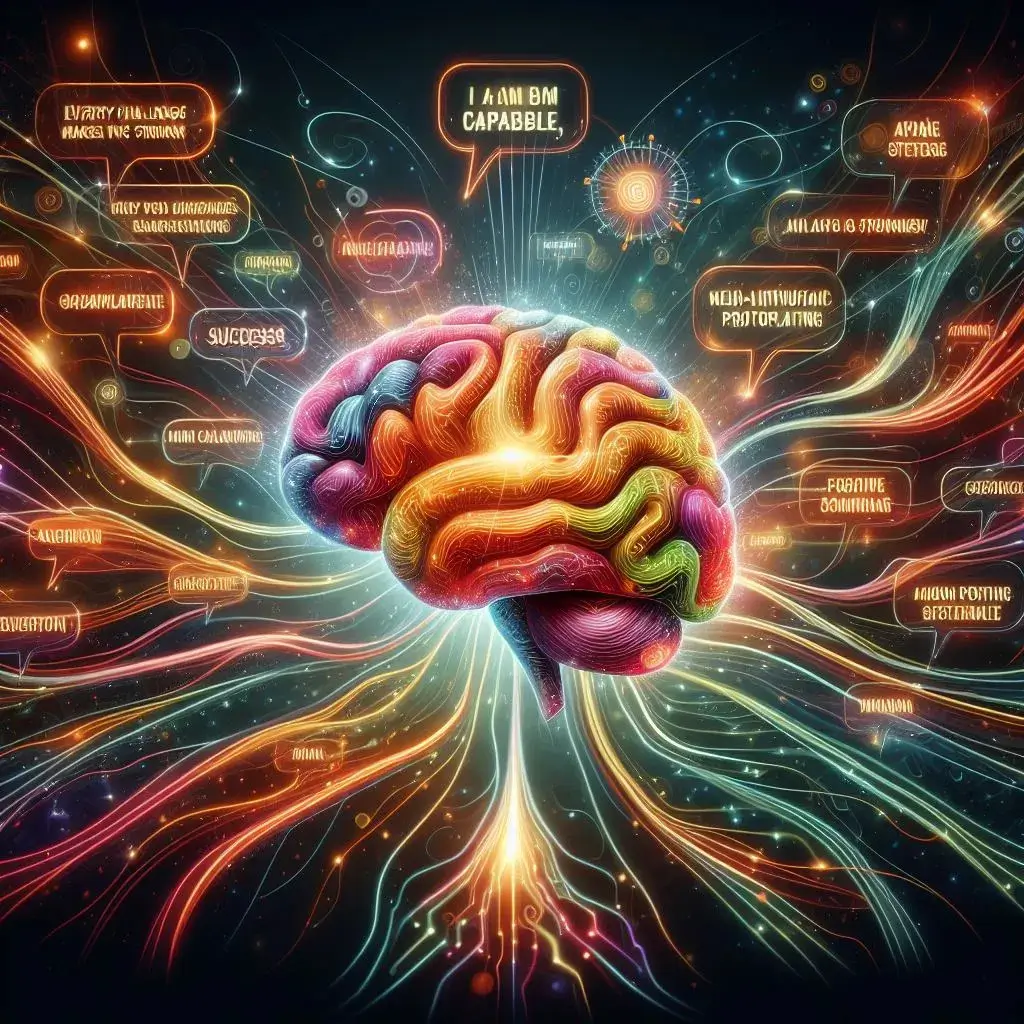
How to Avoid Dementia: Proven Strategies for Maintaining Brain Health
Table of Contents
When getting older, the concern of losing our cognitive capacity becomes more urgent. Although millions of individuals worldwide suffer from dementia, it is possible to prevent the disease. Even though genes can affect brain health, there are many things one can change to keep the brain healthy. Understanding the potential triggers helps us avoid dementia and be proactive in keeping our thoughts clear and active.
Boost Cognitive Resilience with Brain Games
One practical approach to fight the lack of mental stimulation—a major dementia trigger—is playing brain exercises and games. These exercises test the brain and foster neuroplasticity, which is the capacity to remodel itself and create fresh neural connections. Regularly working your mind via memory games, logic puzzles, and problem-solving tasks improves cognitive abilities like encoding, attention, and critical thinking. Effective instruments for preserving brain health are well-created digital platforms and best memory apps, catered to activate different facets of mental agility. Including these brain challenges in a daily schedule can help significantly lower cognitive decline risks and maintain mental resilience.
Dementia Trigger: Sleep Conditions
Neglecting sleep quality makes the brain struggle to absorb new data, affecting the recollection of recent events or details. The way sleep problems are treated determines whether one maintains cognitive ability.
Approaching this issue with an eye on methods for enhancing sleep quality can bring effective results. Some tips include good sleeping habits, a quiet resting environment, and avoiding stimulants before bed. Moreover, professional help is essential to address underlying issues if sleep disorders persist.
Changing your sleep patterns can help you greatly increase your ability to remember little details. Awareness of how to improve short-term memory through better sleep results in more efficient cognitive functioning and usually greater brain health.
Managing Chronic Stress: Time Organization and Social Relationships
Another major cause of dementia is chronic stress. It affects mental and physical health. Reducing the negative consequences of stress and preventing dementia depend on good management of it.
Thus, good time management techniques enable you to organize your chores and create reasonable objectives, reducing stress. First, it is required to rank tasks and divide them into more minor, doable actions. Organizing yourself may be maintained by tracking deadlines and development with digital applications or planners. Setting aside certain times for leisure and work guarantees a balanced approach. It is pivotal for reducing burnout and encouraging a feeling of success.
Moreover, socializing is essential for reducing stress and improving emotional intelligence. Frequent social events help lower feelings of isolation, provide emotional support, and give chances to grow in empathy. Strong social ties provide a better mental state and help control stress more successfully. As a result, resistance against cognitive decline is boosted.
Including these techniques in your daily schedule can help you greatly lower persistent stress and avoid dementia by acting early.
FAQ
Can dementia be prevented?
Though there is no sure prevention, a good lifestyle can greatly reduce risks.
How does exercise help prevent dementia?
Through better circulation, lower inflammation, and encouragement of new brain cell development, exercise increases brain health.
Can brain exercises help avoid dementia?
Brain workouts increase neuroplasticity and boost cognitive abilities, which might aid in reducing dementia risk.